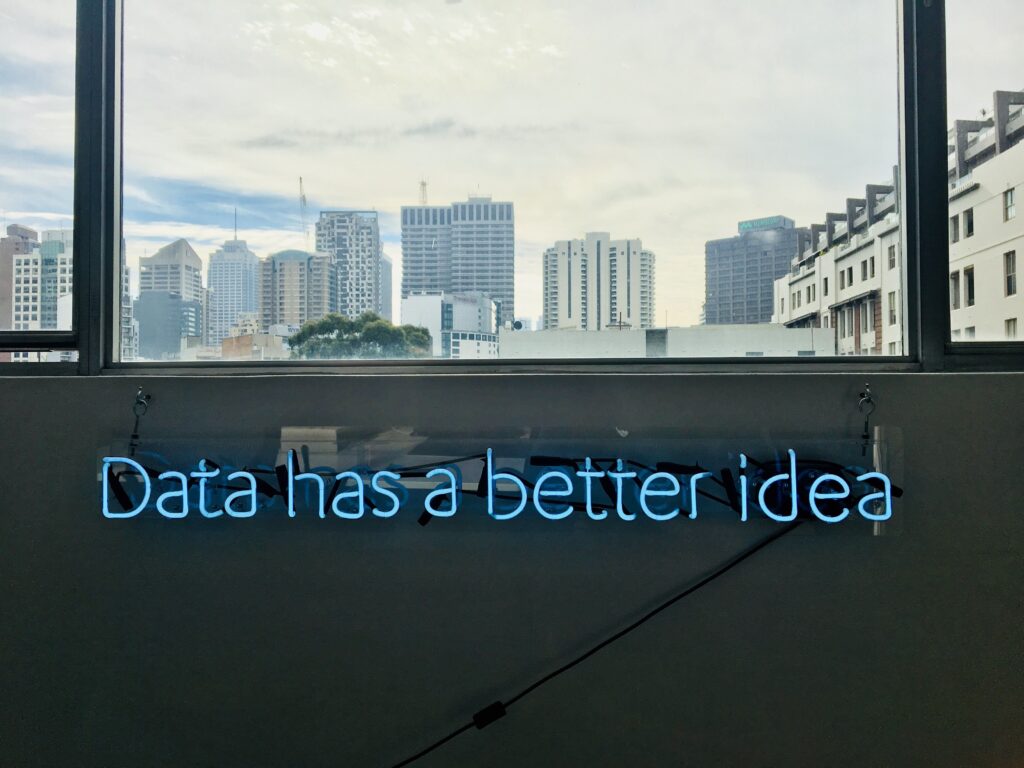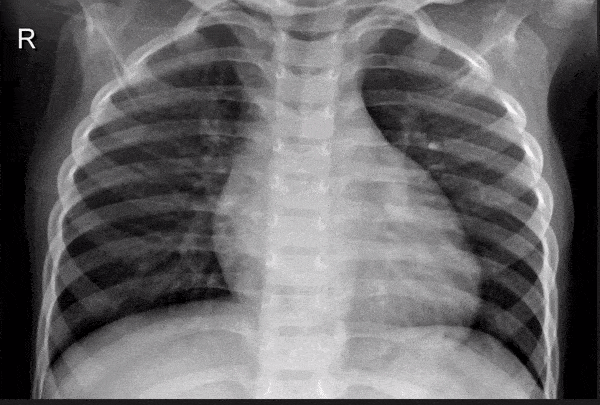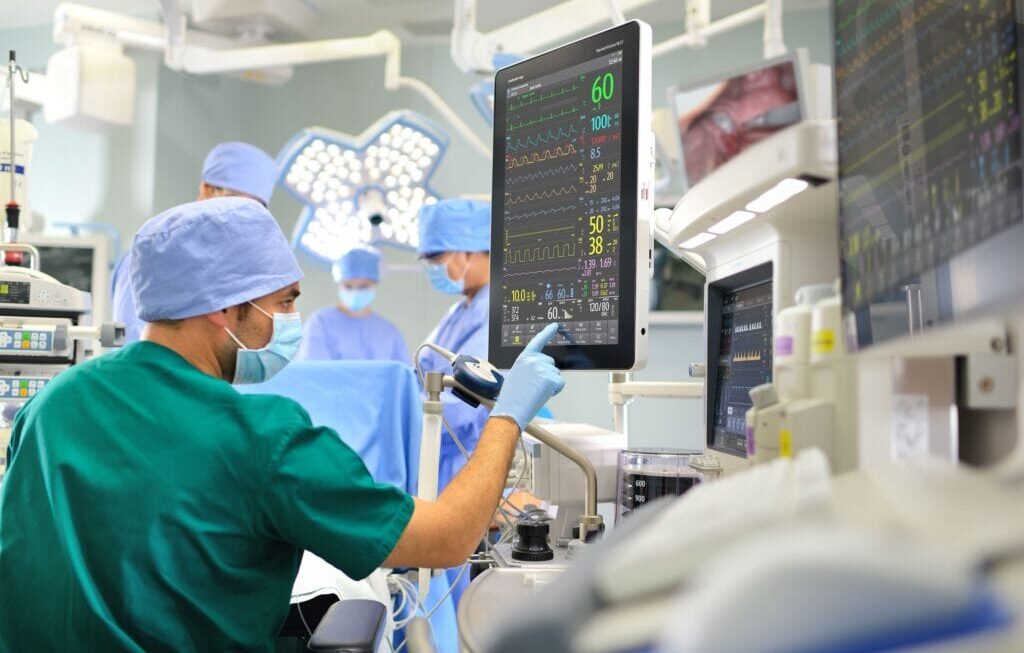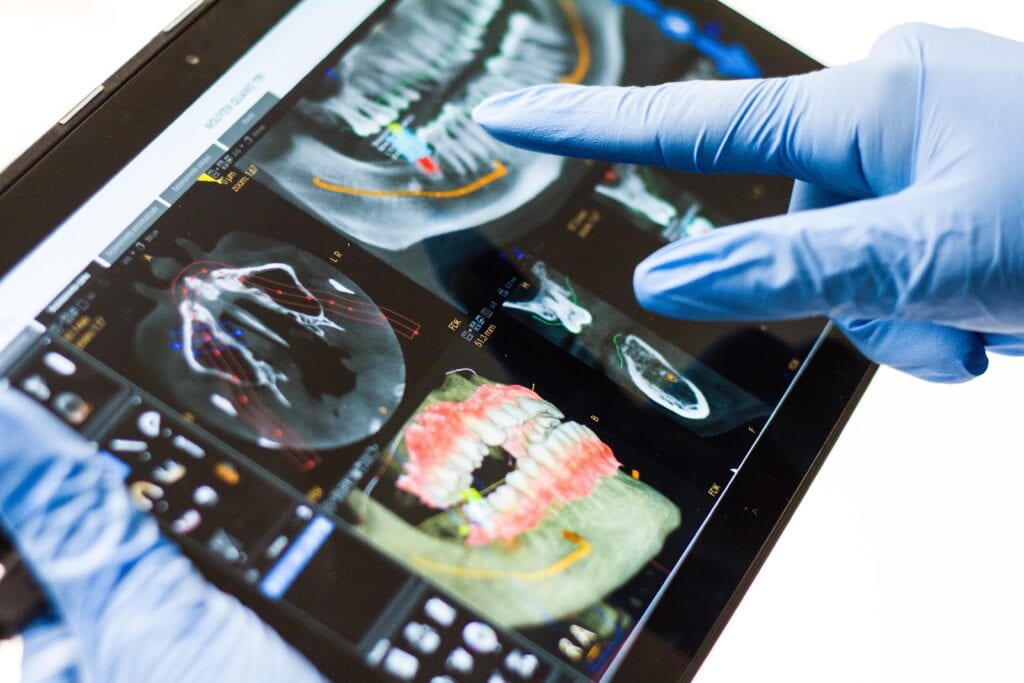
The Power of AI in Healthcare
It is no doubt that the usage of natural language processing and machine learning has transformed the way healthcare is delivered. By analyzing and interpreting massive amounts of data, AI has helped doctors and researchers make better decisions. Decisions for diagnosis of diseases, management of clinical data or patient information, creation of pain management systems, the discovery of new drugs, and even treatment of ailments. AI has dug its roots so deep down in healthcare that there is a company, Insilico, that uses deep learning and AI to help escape the fate of aging. Having advanced to this level with technology still doesn’t guarantee a full take-over of human-managed systems by artificial intelligence. Human input is the nucleus of AI.
In a global crisis such as the COVID-19, the most cardinal application of Artificial Intelligence is to facilitate researchers to unearth a vaccine at the earliest. Perfect annotations are required to achieve this and it can only be provided by humans. Even the validation of discoveries needs the intervention of humans.

It is now clearly visible around the world that countries that were aware of COVID-19 were better prepared than others to tackle and control the spread of the pandemic. Bluedot, a Canadian AI startup that was born in the time of SARS, spotted COVID-19 nine days before the World Health Organization released a statement about the same. The company tracks, locates and conceptualizes the spread of infectious diseases using big data. This prediction is all based on the data that it collects and all this data is human recorded. The collection of high-quality data is one of the biggest challenges that face this industry and human support for this, is inevitable.
A recent McKinsey review predicted healthcare as one of the top 5 industries of growth for Artificial Intelligence. Automating and operationalizing health-care access, using big data to track the impact of a virus around the globe, effective screening systems are just some of the major AI involvements. It is said that AI is likely to be the best thing or the worst thing to happen to humanity. But one thing is sure, the path that it will follow will be determined by mankind.





